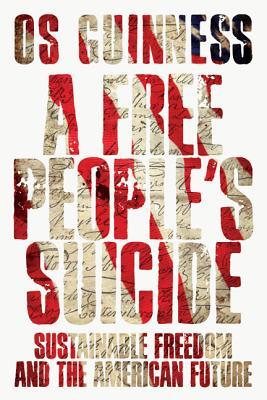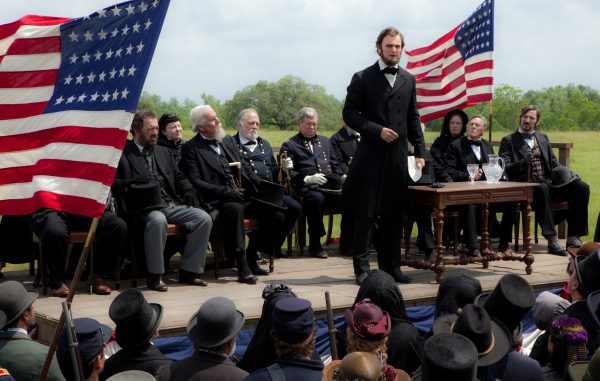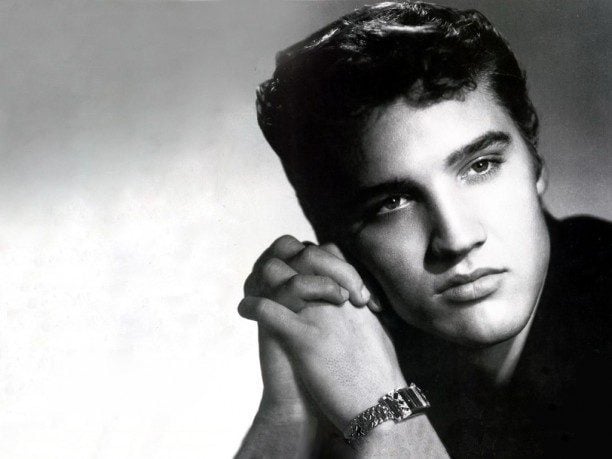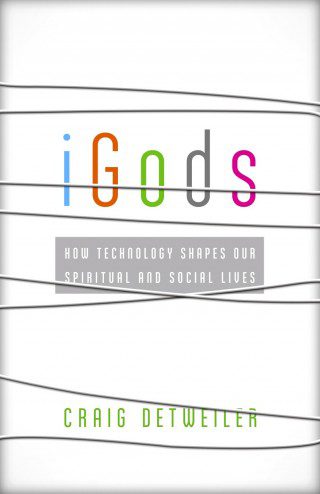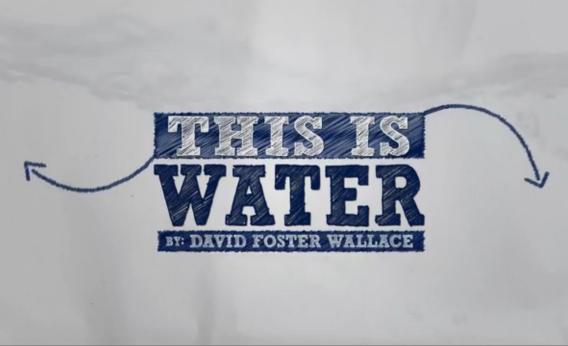In a tumultuous American election year, social critic Os Guinness offers a bracing wake up call. In A Free People’s Suicide, he calls upon Americans to defend their freedom from an unlikely foe: too much freedom. Born in China and educated at Oxford, Guinness writes as a concerned admirer, tracing the decline of empires across the centuries, drawing parallels to our current devolution. While Americans once fought for freedom from the British in order to pursue excellence, Guinness laments how both liberals and conservatives insist upon freedom from any constraints whatsoever. While the rallying cries may be different (‘don’t tell what to do with my body’ versus ‘don’t touch my guns’), the results cut across ideological lines. Guiness warns that “Leadership without character, business without ethics and science without human values—in short, freedom without virtue—will bring the republic to its knees.”
The current economic crisis has spawned a small cottage industry in cautionary tales. Kurt Andersen launched his book, Reset: How This Crisis Can Restore Our Values and Renew America, in TIME magazine. New York Times’ reporters Thomas Friedman and Michael Mandelbaum recount our collapse in That Used to Be Us: How America Fell Behind in the World it Invented and How We Can Come Back. Writers across the political spectrum agree that we are in trouble. They lament how a nation of innovation has slowly settled for second best. We have a sneaking suspicion that the Chinese are not just gaining on, but actually surpassing us.
I’ve recently returned from four months in China. Living in Shanghai, we saw a nation in a hurry. Their building boom has produced impressive high rises and efficient high-speed rail, but it has also yielded environmental disaster. In a rush to get rich, the Chinese haven’t achieved drinkable water or breathable air. The unchecked freedom to develop has not resulted in a sustainable economy or lifestyle. Despite the plethora of designer brands available in China (whether as authentic or knockoffs), few of the Chinese seemed to know what all these possessions are supposed to do for them. Of course, the same charge could be leveled against the U.S. Guinness suggests, “We are rapidly reaching the point in Western consumer society where people confuse freedom with choice” which eventually leads to exhaustion.
What will bring us back from the exhaustion of too many choices and too much freedom? A Free People’s Suicide argues for the essential role of religion in insuring our freedom. Guinness connects freedom to virtue rooted in faith. Yet, for a book from InterVarsity Press, it contains surprisingly scant biblical references. It is principally a sociological argument, incorporating history, politics, and economics to demonstrate how much diligence and character is required to sustain freedom.
Where should we place our faith? Guinness points out how a fear of religious fundamentalism has been countered by constitutional fundamentalism. We are banking upon laws to protect us when only character will sustain us. But Guinness does not default to conservatives’ solution that we need more prayer in schools. To counter liberals’ fears, he suggests that an argument for virtue is not an inherent endorsement of religion. He opposes faith-based initiatives. Why would religious organizations that want freedom to worship belly up to a government trough? Guinness defends atheists place within the Republic, but suggests that atheism has not created any great and sustainable empires. We need religious roots and responsibility to check our impulse to abuse freedom. He may also surprise readers with his commitment to education. While many evangelicals have bailed on public schools, Guinness calls for more liberal education—in the sense of education for liberty. We must recover what it means to be a citizen.
Throughout the book, Guinness chooses language that pushes past the culture wars to something older and more foundational. He warns, “Unless America succeeds in revaluing citizenship, in restoring civic education and in revitalized education that proves as powerful as the potency of mass entertainment and consumer advertising, the American unum will no longer be able to balance the American pluribus, and America’s freedom itself will continue to whither.” As an educator, I am always glad to hear a public intellectual call us to review our foundations. Students need to know why they are studying. Beyond getting a good job, we must recover the importance of good citizenship. But in ignoring pop cultural forms, Guinness may have relegated his arguments to the sidelines.
Major pop cultural events like Harry Potter, The Dark Knight, Twilight and The Hunger Games have offered ample opportunity to discuss freedom and responsibility. Character counts in these stories and millions of young people are being challenged to do the right thing. Rather than lament pop culture’s rising influence at the expense of our founding fathers, critics like Guinness are charged with figuring out to reawaken respect and interest in our American heritage. How to make the foundation of our freedom into a compelling story? Abraham Lincoln: Vampire Hunter isn’t the solution. Perhaps we all need to spend more time abroad. Four months in China made me more patriotic than ever.
Unfortunately, in the end, Guinness simply reframes the culture war in new terms—as a battle over freedom. The traditional Judeo-Christian form of freedom is pitted against the secular, postmodern and progressive version of freedom from constraint. This is the same either/or proposition and politics we’ve all endured for the past forty years. The absolutism attached to the legacies of presidents Franklin Delano Roosevelt and Ronald Reagan have reached a dead end. Government is both good and bad (but neither all good or all bad). Businesses need freedom from government interference, but business without any constraints have also benefited a few and bankrupted many. Unfortunately, both party’s politics have been sold out to special interests.
We need new coalitions, committed to forging a future across ideological lines to climb out of the hole we’ve dug for ourselves. Given the rather uninspiring political choices in this election cycle, I find myself drawn to the radical center. I desperately want to find people across the religious and political spectrum who are eager to recaptures the pioneer spirit in America. Thinking like an immigrant will get us off the couch, reconnected to our families, recommitted to our religious roots, and deeply appreciative of the freedom America upholds.

